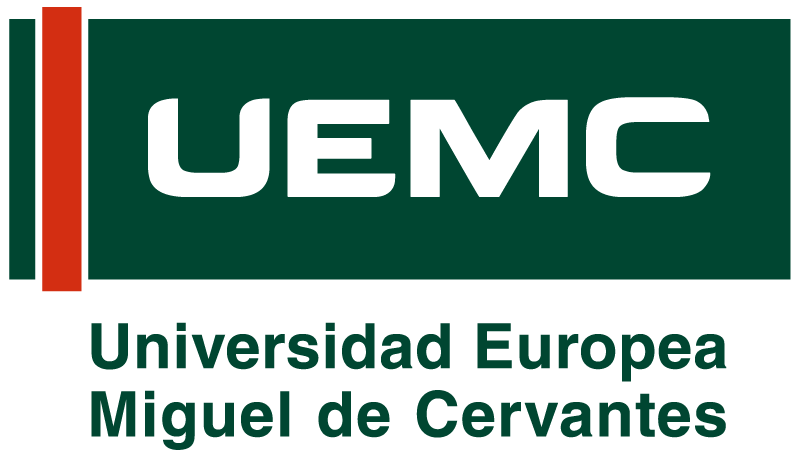What Ethics Taught Me About Travel Journalism
By Kessler Lite
The Ethics of Cultural Storytelling
In our class on Ethics in Travel Journalism, we explored a topic I hadn’t fully grasped until now: the responsibility of telling someone else’s story, especially when that story isn’t your own. We covered ideas like bias, exoticization, cultural appropriation, and extractive tourism. These were terms I’d heard before but hadn’t truly reflected on within my own work. One idea really stayed with me: words matter. Not just for their poetry, but for their power to shape how cultures are seen by the world.

Discovering Oman’s Cultural Depth
This pushed me to think differently about my Final Master’s Project, which focuses on Oman. It’s a country I’ve admired not only from a distance but through personal experience. When I visited last year, I was struck by the warmth and quiet strength of the people who live there.
Understanding Omani Culture
Omanis are often described as reserved, but that word takes a deeper meaning when you consider the country’s cultural and historical backdrop. Omani society places a high value on modesty, dignity, and respectful behavior. This isn’t coldness; it’s grace. Influenced by Islamic teachings, tribal heritage, and a long history of stability, Omani culture leans toward deeper meaning, privacy, and humility. This understanding shifted how I perceive interactions there and how I might portray them.
Beyond the Tourist Perspective
That shift reminded me that meaningful travel journalism begins with humility and careful observation. When we looked at examples of stereotyping in class, I thought about how Oman is often portrayed online. Social media frequently paints it as a mystical land of empty dunes and ancient silence. But the country is much more than a picturesque desert.
Tradition Meets Modernity
While researching, I watched a YouTube video where a group of travelers explored Oman with genuine curiosity and deep respect for the culture and people. What struck me was not just the video itself, which was beautifully made and respectful, but the comments below it. One person wrote, “Let Oman stay as it is.” Another responded, “We want to keep our heritage, but we also need to modernize.” That conversation sparked something in me. It revealed a real tension between preserving cultural identity and adapting to change.
These viewpoints have transformed my approach to the project. I often reflect on the YouTube comments. As I develop my documentary style, blending cinematic visuals with journalistic integrity, my goal is to create something valuable for both my audience and the local community. This is why I plan to interview tourism officials alongside residents. Their insights on the balance between preservation and progress are essential to this discussion. Simply showcasing Oman’s beauty is no longer enough. I want to listen and understand the meanings of heritage and modernization from those who experience it. I intend to talk with someone from the tourism board or a destination management organization to understand how they manage growth while preserving heritage. Who determines which aspects of culture are emphasized? And how do these choices influence the future?
This ethical lens is changing how I approach everything from interviews to photography. I will be more thoughtful about my word choices. I will avoid terms like “timeless,” “hidden gem,” or “untouched” and instead try to describe what is truly there. With my camera, I will focus not only on sweeping landscapes but also on everyday moments: a hand pouring coffee, the wear on a fishing boat, and a woven rug being crafted. The truth is, this journey is teaching me that travel journalism isn’t about finding the perfect shot or crafting the most engaging narrative. It’s about being a responsible storyteller who understands the weight of representation. When I return to Oman, I won’t just be a content creator with a camera. I’ll be a journalist who recognizes that between the sand and the truth lies a responsibility to tell stories that honor both tradition and transformation.
Connect and Engage
This journey into responsible travel journalism is just beginning, and I’d like to hear your thoughts. What challenges have you faced in representing different cultures respectfully through your work? Share your experiences in the comments below, and connect with me on LinkedIn to continue the conversation about responsible storytelling.
Follow my documentary journey through Oman on Instagram as I prepare to document Oman’s story through a more thoughtful lens.







This article is part of the practical work carried out by the students of the Master’s in Travel Journalism.

